What you see during Everest Base Camp and Kalapatthar Trek
The trekking adventure to the Everest Base Camp brings trekkers the chance to encounter Himalayan magnificence. In addition, you will also experience the cultural riches of the Sherpa community. Exploring the Everest region on foot for twelve days gives you an unforgettable experience that blends culture, nature, and adventure.
Departs from Kathmandu, Nepal
Have you ever thought of going to the base camp of the highest mountain on earth? If you love trekking, you certainly want to walk there. Everest Base Camp and Kalapatthar Trek is one of the most sought after trekking adventures.
Hundreds of thousand trekkers tread on the trail to the Everest Base Camp every year. The adventure takes you to the magnificent Himalayan region and ultimately to the base camp of Mt. Everest. The adventure does not only take you to the Everest base camp but also to Kalapatthar that stands higher than the base camp. You can enjoy the breathtaking panoramic view of the mountains including Mt. Everest.
What you see during Everest Base Camp and Kalapatthar Trek
The trekking adventure to the Everest Base Camp brings trekkers the chance to encounter Himalayan magnificence. In addition, you will also experience the cultural riches of the Sherpa community. Exploring the Everest region on foot for twelve days gives you an unforgettable experience that blends culture, nature, and adventure.
As you trek through the Sherpa villages in the region, you will learn about the famous Sherpa people and their lives. These people are famous for climbing the mountains. Any Mountaineering Expeditions or Peak Climbing Adventures become successful only because of these amazing Sherpas.
You will see the view of beautiful mountains like Thamserku, Ama Dablam, Lhotse, Lobuche, Everest, Pumori, and several others. The entire mountain range that you will see during the trek will blow your mind away. In addition to the mountains and Sherpa settlements, you will also experience the serenity of nature and wilderness of high mountains.
Several beautiful monasteries, Mani walls, and prayer flags will add more to the experience.
Reasons this trip becomes an Experience
Nepal Climbing Adventure always strives to offer an adventure traveling experience that you can cherish. While the Everest Base Camp and Kalapatthar Trek is beautiful in its all essence, your experience of trekking there becomes even more beautiful with us.
By the time we take you to the base camp and bring you back, we take one step ahead to offer you a beautiful experience. We keep your safety and happiness is our top priority and you will experience the same during the trip.
Trekking with us to Everest Base Camp and Kalapatthar is traveling in safe hands.
The Everest Base Camp trek on the south side, at an elevation of 5,364 m (17,598 ft), is one of the most popular trekking routes in the Himalayas and about 40,000 people per year make the trek there from Lukla Airport (2,846 m (9,337 ft)).[5] Trekkers usually fly from Kathmandu to Lukla to save time and energy before beginning the trek to the base camp. However, trekking to Lukla is possible. There are no roads from Kathmandu to Lukla and as a result, the only method of transporting large and heavy goods is by plane.
What is included?
- All airport and hotel transfers
- Welcome and farewell dinner
- Flight between Kathmandu to Lukla and back
- Accommodation and meals during the whole of the trek
- 3 nights in a 3 star hotel in Kathmandu
- All necessary paper works and permits
- Government and local taxes
- An experienced English speaking trekking guide, assistant trek guide (4 trekkers: 1 assistant guide), porters (2 trekkers: 1 porter) including their salary, insurance, food, lodging and all equipment.
- A comprehensive medical kit
What is not included?
- Nepal Visa fee(bring small denomination cash USD and two passport photographs)
- International airfare
- Excess baggage charges
- Extra night accommodation apart from the schedule due to any reasons
- Lunch and evening meals in Kathmandu and in case of early return than the scheduled itinerary
- Travel and rescue insurance
- Personal expenses
- Tips for travel guides or porters
Kathamndu Sightseeing
USD 95 | 1 Day(s)
Full day tour visiting historical and cultural sites of Kathmandu valley - Swoyambhunath Stupa, Patan Durbar Square, Boudhnath Stupa and Pashupatinath Temple.
Chitwan Safari
USD 180 | 3 Day(s)
2 Nights / 3 Days Jungle Safari on full board
There are a number of things that you need to keep in mind if you ever plan for your vacation. Because you want to make the most out of your limited time, it is truly a hectic job for you to find a trustworthy and experienced traveling companion. With Nepal Climbing, you have your problem solved already as we are one of the leading Trekking and Mountaineering organizations in Nepal and have been providing first class service in several travelling packages across the country for many years.
We prioritize your satisfaction and safety
At Nepal Climbing Adventure, our ultimate objective is to arrange the programs for you to make the most out of your valuable time. We value your satisfaction, adventure, amusement and safety. Regardless of whether you are searching for stunning perspectives along the trekking trails in Himalayan mountain range or widely acclaimed, heavenly attractions with developed societies, our exposure and experience in travel business will help you ensure your requirements are met.
We have professional staffs and service
We trust that extraordinary staff lead awesome administration. That is the reason we are collaborated with experienced and eager individuals. We possess authorized and government certified guides who are very much furnished with broad learning of Nepali communities and traditions. They additionally have familiar English speaking abilities and hierarchical capacities to encourage all types trekking groups.
Responsible Tourism and social values
We are endeavoring to lessen the effect of tourism by guaranteeing our staff are very much aware of ecological issues. We are doing our best to create less waste as could be expected under the circumstances and make a point to reclaim non-compostable wastes. We outline our itineraries and work in the field guided by the standards of ecotourism and reasonable tourism. Moreover, all our staff have been given ecological preparing and are extremely aware to the eco-system we enter. Additionally, we are adhering to sustainable assets of energy. Our guides will share you the social values, culture and religious harmony for better understanding the groups you visit.
Customizable Service
Our promise is to provide you with the travelling packages customizable according to your demand fulfilling your budget criteria. So, we can facilitate a minimum of 2 individuals with a personalized service at a reasonable cost.
Amazing trip. So well organised.
It’s an amazing part of the world and you won’t regret it, especially if Chris organises it. He was there 24/7 to help us and change flights out of lukla. His guides were the best we saw. Chris is a man of of word. After getting a refund for the unused part of the trip, as agreed prior, I have 100% faith in his honesty. We will be back for another amazing tour organised by Chris.
Richard Reynolds
Great company to work with!
I have been working with Chris and his team on behalf of my clients for the past one year. In a nutshell, I couldn't have picked a better partner. His ability to manage situations (as things are extremely fluid during adventures), remain calm, problem solves and handle updates is beyond exemplary. Thank you for everything that you do.
Jasprit Bhatia
Very responsive, very supportive, very transparent and most importantly his follow up was great.
“Mr. Krishna was all what you can ask for, from the very begining, from A to Z. He just understood what we needed, very responsive, very supportive, very transparent and most importantly his follow up was great. We were lucky we picked the right people when we picked Nepal Climbing Adventure”
Alain El Khoury
Great arrangement
I just returned from the EBC trek. It is still sinking in. I want to express how impressed I am by the Nepal Climbing Adventure group. They made sure we had excellent accommodations and hassle free transportation. They were very punctual and responsive. The porters and guides were awesome too.
Sadhana Kamath
EBC Trek with Nepal Climbing team - a review
I did the EBC & Kala Pathar trek with Nepal Climbing team in Oct-23, I wanted to write in a review about my experience with Nepal Climbing. I had been planning to go to EBC for a few years now & finally it all came together in 2023, i was going through a lot of blogs, websites and youtube videos before deciding on the operator for this trip. Thats when Nepal Climbing was refered by a friend who did the EBC trek in the past. Right from the first communication with Krishna Subedi, the team was very professional, patient in answering myriad of questions i had about the trip. Krishna gave a call and walked me through the itinerary, cost and the preparation that i need to do to be able to experience a nice trek. Even though i had spoken with Krishna a few times, i was still skeptical prior to the trip worried about arrangements & the over all planning around the trip. But as soon as i landed in Kathmandu - i was escorted from the Airport and was absolutely taken care of through out the entire duration of the trip. The hotel arrangements in Thamel was very good, the crew also guided & helped me around the Thamel markets to get some of the hiking gears. Krishna introduced me to the Guide, who spoke good English and Hindi. And then the trip started, the arrangements were perfect, we were fortunate on the weather part, no delays in getting to Lukla and then onwards we were able to follow the itinerary - all the villages and tea houses we stayed. The hotel & arrangements were top class. Clean and hygenic tea houses were provided. The guide Neema Sherpa was very knowledgeable, courteous and very friendly. He answered all the questions i had, spent a lot of time clicking pictures and videos and he was a very good friend through out the journey. And after the return to Kathmandu, again the stay provided by Nepal climbing team was really good and a hospitable place with nice food. My entire experience due to these professional arrangements was very smooth. Over all i had a fantastic trekking experience through the help of the Guide Neema and Nepal Climbing team led by Krishna, i would highly recommend any one to engage Krishna and team for a terrific trekking experience.
Srivatsan Krishnan
We have great experience with my girlfriend to the EBC and Kalapatthar treck with Nepal Climing adventure company. Chris is so responsible and kind person and he respond at all my questions alaways immediately and also he was so kind to reschedule our trek because at first booking we need to cancel it because we become sick from covid and we reschedule for next season. His brother Khum pick up use from the airport and bring us to the hotel and as well he bring us to the airport when we finish our holiday. Our guide Sumba and portar Pasang make our Treking great and unforgettable experience. They was so professional and kaind and organised persons and we didn't have no problem at all during the Trek. They alaways trying we to feel comfortable and good. We definitely will come back. ???
Teodor Yordanov Todorov
Everest Base Camp and Kalapatthar trek
Me and me Boy friend longends dream was to make this beautifull Trek to Everest Base Camp and NEPAL CLIMBING ADVENTURE make that posibel(CHRIS) aafter 2 time rebooking ouer trip because we get sick from covid CHRIS make evrithing posibel to rebook ouer trip for later and now finally the brother of CHRIS /KHUM pic us from the Airport and we have a amaising talk amaisnf Hospitaliti?after so long waiting white (ZUMBA) ouer Guide who makes a fantastic unforgettable strong job togheter white ouer porter (PASSAN) we make unforgettable happy moments i will never forgot and me Heart will always remeber this beautiful moments white you guys for shure we will planing to do again a other imteresting trip white you bigg thanks foe ZUMBA ,PASSAN , and Nepal climbing adventures to make us unforgettable moments ?????
Lady Diana
Online Payment
Or
WIRE TRANSFER
Bank Details:
Account Holder's Name: Nepal Climbing Adventure Pvt. Ltd.
Bank Name: Himalayan Bank Ltd.
Account Number: 01907449340018
Account Type: USD
Address: Thamel, Kathmandu, Nepal
SWIFT CODE: HIMANPKA
For more detail contact us:
Krishna Subedi (Chris Chhetri): +977 9851076791 (24/7, Call/Viber/Watsapp)
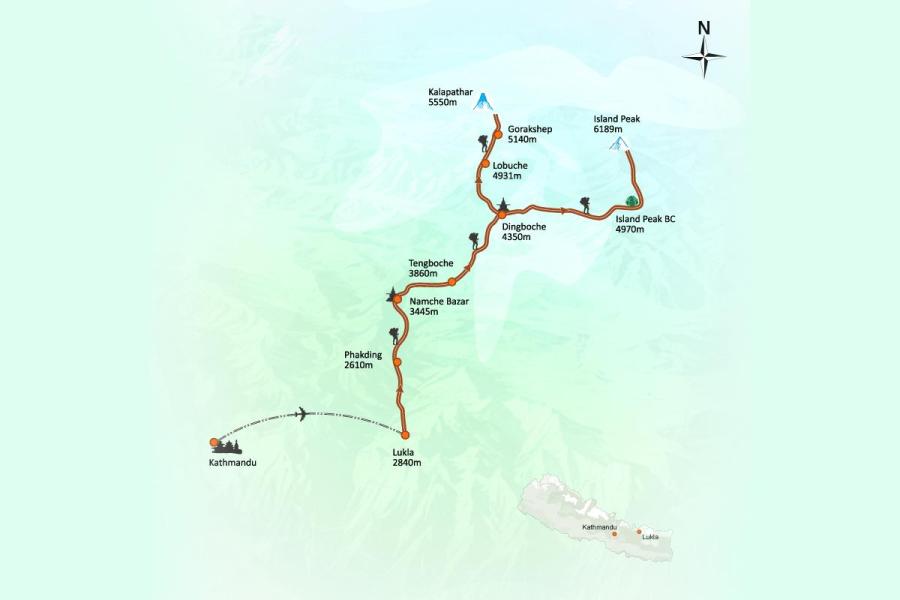
We recommend our guests have a valid insurance policy before undertaking an adventure in Nepal Himalaya. During treks and expeditions, the insurance should cover for expenses such as air ambulance, helicopter rescue, and medical care. As an adventure operator, we (NCA), are not permitted to arrange or sell insurance packages here in Nepal as per the Government of Nepal.
Traveling in high altitudes requires excellent body conditions both physically and mentally. Despite being physically and mentally prepared one should have a deep understanding of the high-altitude health hazards and the understanding of the acclimatization process.
The geography and terrain in the mountains rise to high elevations. The climbers have to walk 5-7 hours every day which needs good preparation. We have to adapt to the changing terrain and the climate. The success of the expedition depends upon the preparation and physical well-being. Additionally, personal food and diet preferences, influential allergies and personal medications need to be discussed and communicated well with the guide.
Recommended Gears and equipment:
We at Nepal Climbing Adventure recommend the following gear and equipment for the Everest Base Camp Trek.
Headwear
-
Headlamp (min. 200 lumens) with sufficient batteries (Li-Ion batteries)
-
Sunglasses (Polarized/ UV Protected)
-
Woolen Cap
-
Sunhat
-
Buff Scarf
-
Balaclava
Bodywear (Clothing/Layering)
-
Down jacket
-
Down pant
-
Gore-Tex set \ Hardshell set
-
Insulated mid-layer
-
Fleece jacket
-
Thermal set
-
Quick dry (half and full-sleeved)
-
T-shirts
-
Trekking trousers
-
Additionally as per necessity
Handwear
-
Liner gloves
-
Fleece gloves
-
Expedition Gore-Tex gloves (heavy duty)
-
Mittens
Footwear
-
Trekking shoes
-
Expedition climbing shoes (6000er series)
-
Camp shoes/ slippers
-
Gaiters
-
Liner socks
-
Woolen socks/ trekking socks
-
Summit socks (6000er series)
Personal Kit
-
Trekking backpack
-
Expedition backpack
-
Sleeping bag (-20? for base camp)
-
Sleeping bag (-40? for climbing)
-
Sleeping Mattress
Hygiene kit (toiletries)
-
Sun screen (min. 50 SPF)
-
Lip Guard
-
Water bottle
-
Thermos
First Aid Kit
-
Personal medications
-
Personal first aid kit
Miscellaneous
-
Camera and associated gears
-
Camp knife/multi-tools
-
Binoculars/ magnifiers
-
Personal reading accessories
-
Games and entertainment mediums
-
Pee bottles
-
Dry bag/ compression bag
Are you a licensed trekking agency?
Yes, we are a licensed company to operate adventure tours in Nepal. We have been organizing tours, Treks, and Expeditions for our valued clients for over two decades. Our long journey and experience in the field have made us pioneer in the industry.
Do the guides speak English and have first aid training?
All of our guides are experienced experts in their job and speak fluent English. Most of them are born in the areas they guide trekkers to and have several years of experience as trekking guides in the mountains. It's mandatory that they are trained in first aid and also carry a first aid kit with them during the trek.
Frequently Asked Questions - Trekking in Nepal
Are you a licensed trekking agency?
Do the guides speak English and have first aid training?
How big are the groups?
Are permits included in the price of the trek?
Do you arrange private treks?
Do you provide any equipment while trekking?
How difficult are the treks?
How long do we walk each day?
What is exactly 'teahouse' trekking?
What do we mean by FOT trek?
What is security like during trekking?
Security for our clients is always a foremost priority for us. All our guides and other support crew are carefully chosen for your trips. Our guides hold licenses issued by the Nepal Government. They are very honest and reliable. But we would also advise you to take care of your own personal belongings. If you are on ‘camping treks’ please do not leave your bags unattended at any time for your own safety. Take your main bag inside the tent once you reach the campsite. At night, all bags and belongings are kept in the middle of the tent. Your guide assigns a Sherpa on a rotation basis to guard the campsite throughout the night. If you are on a ‘Tea house or GAP trek’ arrangement, you will be sleeping in local teahouses. You need to take sensible precautions yourself at all times. Never leave your baggage unattended and keep your lodge room locked when you go out.
What happens if I fall ill during the trek?
What type of food is served during a trek?
Do I need to carry my own gear?
How much could porters carry?
What is the overnight accommodation like?
Can we change the itinerary?
Depending on the prevailing situation, you can modify it to some extent after consulting with your senior guide. However, the date of trek completion should always coincide with the original itinerary. You should keep in mind that this is an adventure trip into some of the most remote regions in the world, where many unforeseen circumstances may contribute to the need for a change in itinerary. In such cases, we or your guide will suggest the best alternative similar to your original itinerary.
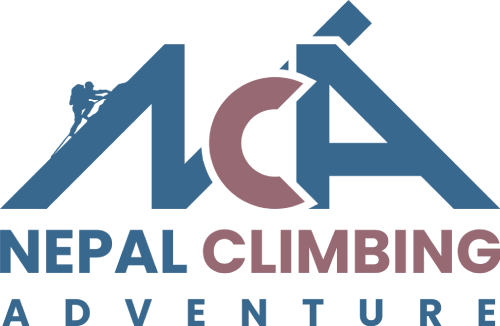
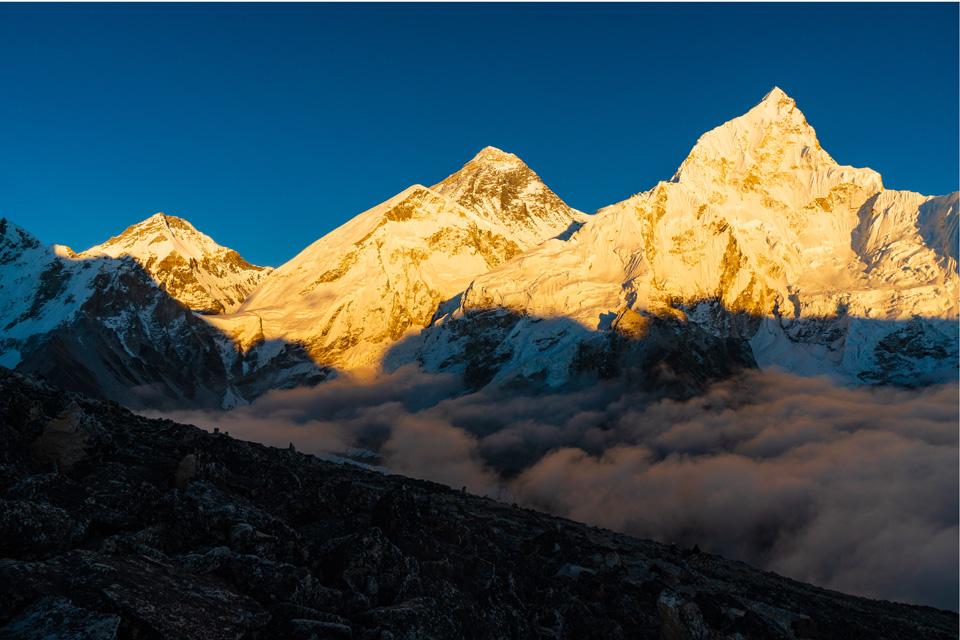
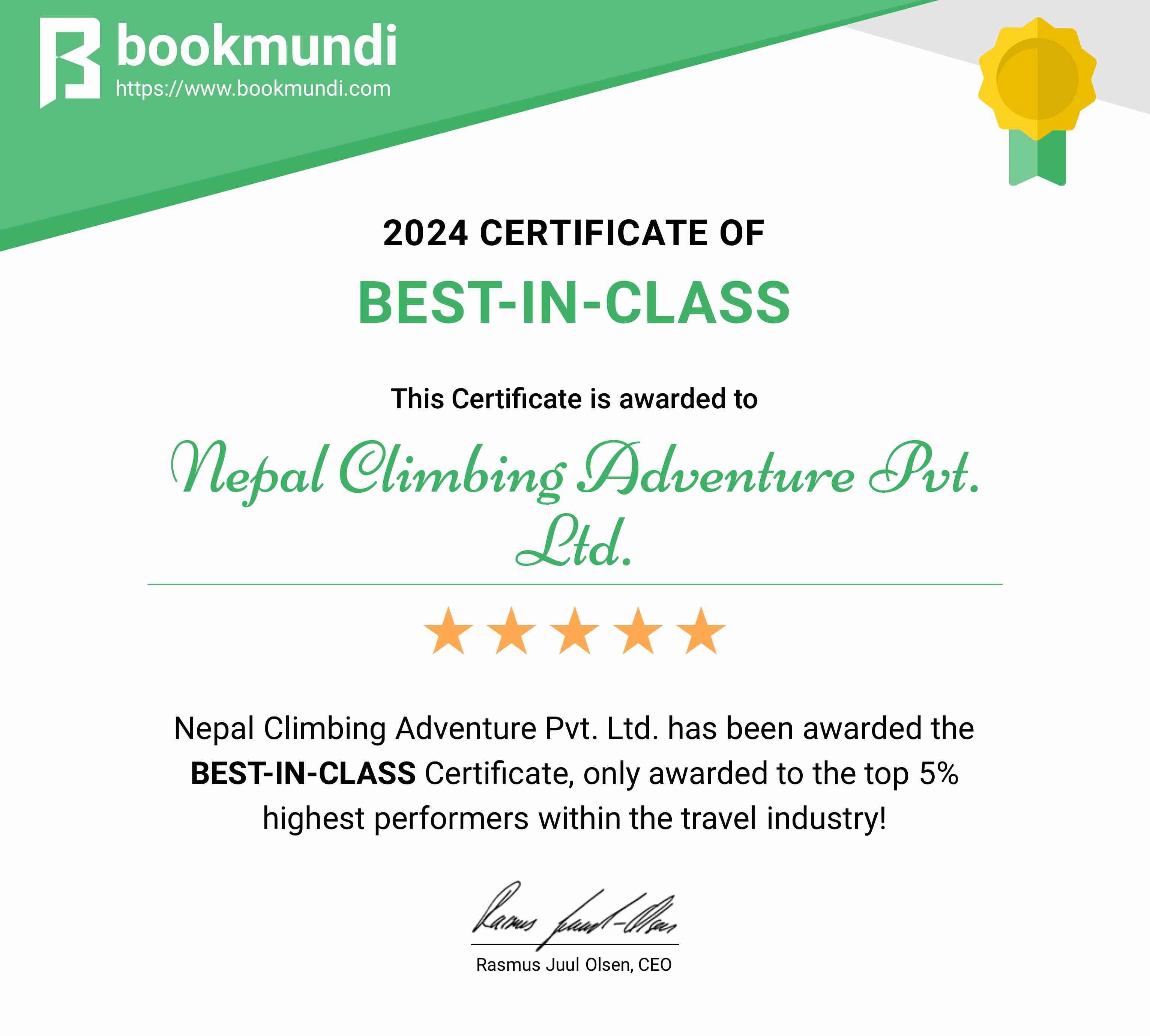
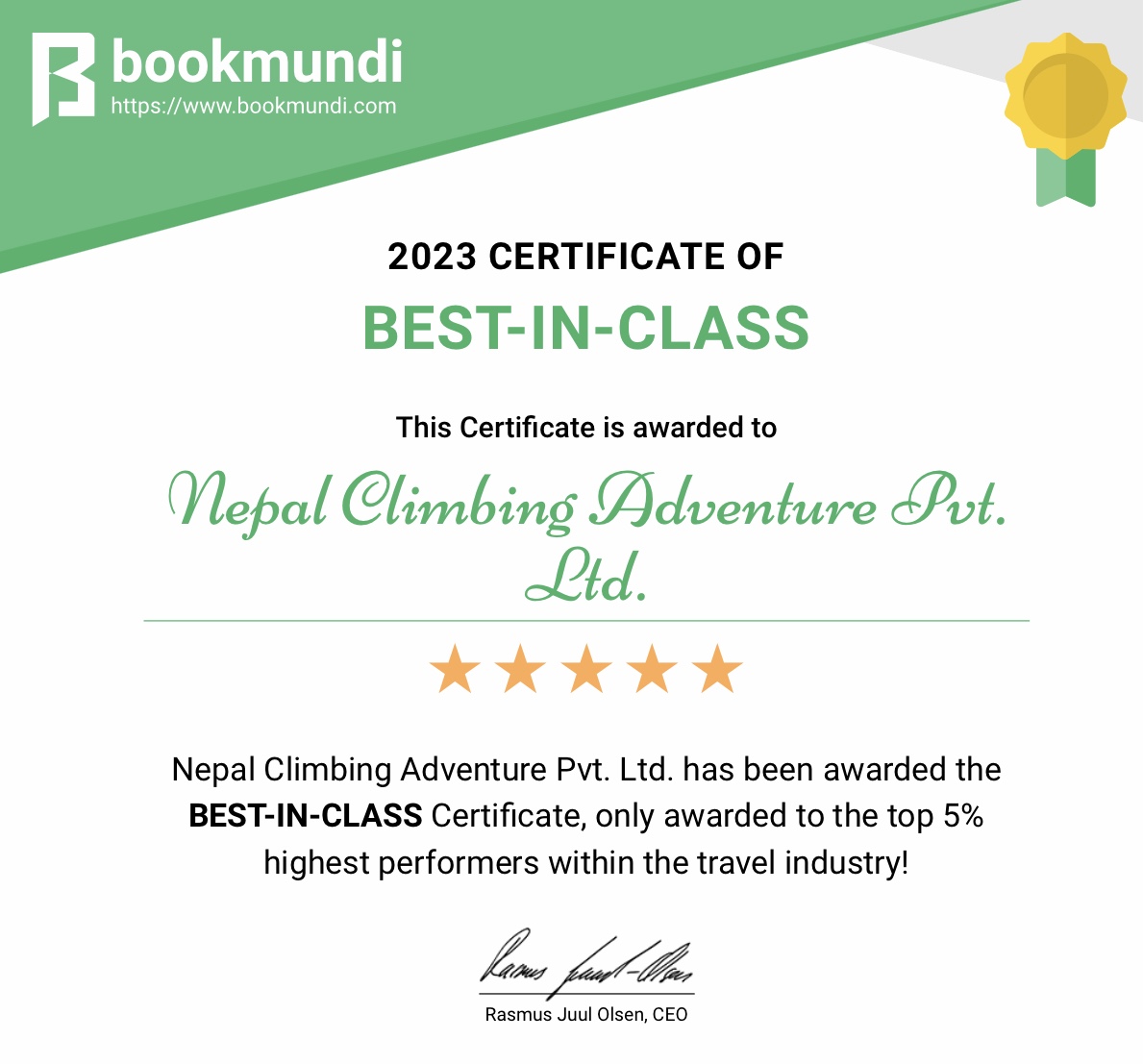
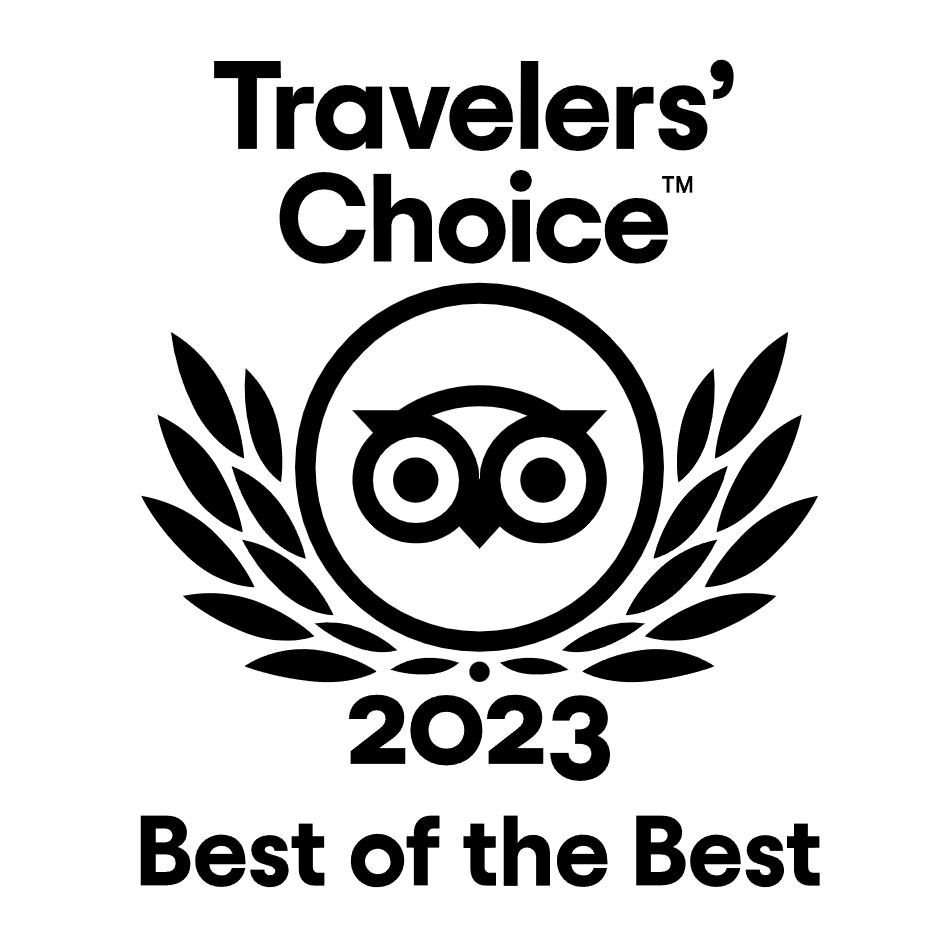











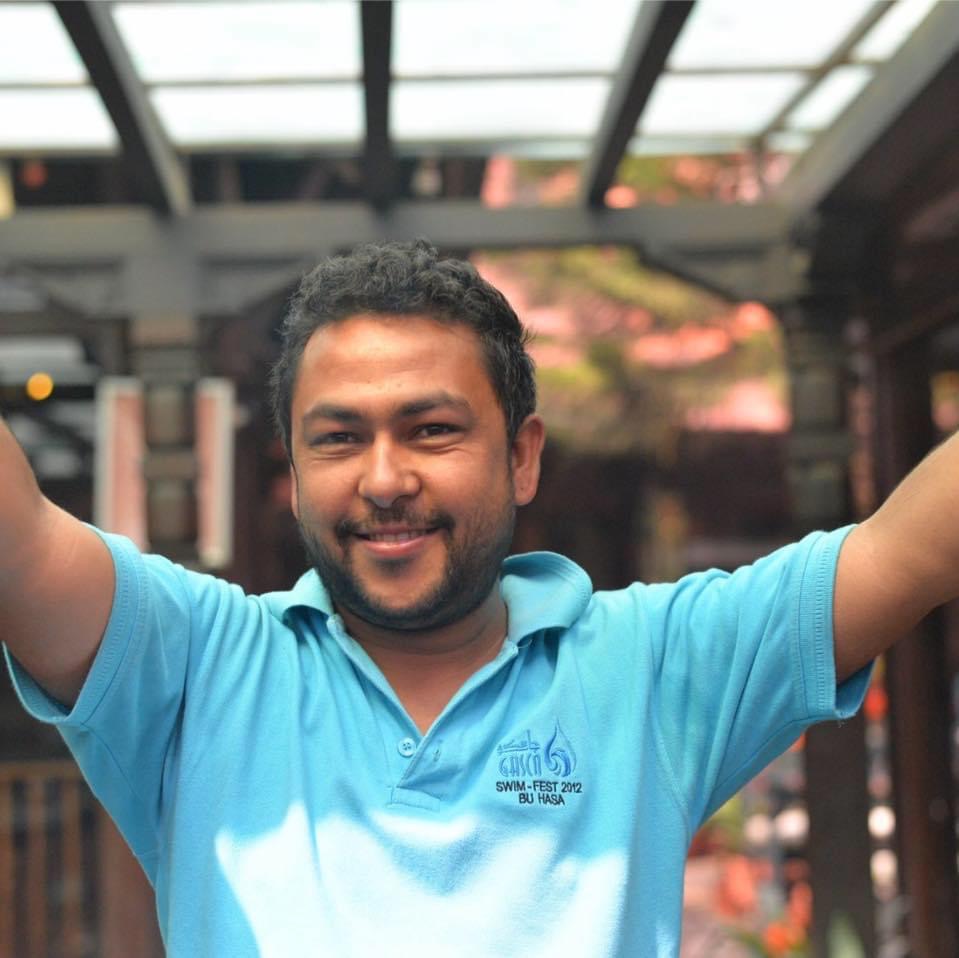 Chris Chhetri
Chris Chhetri